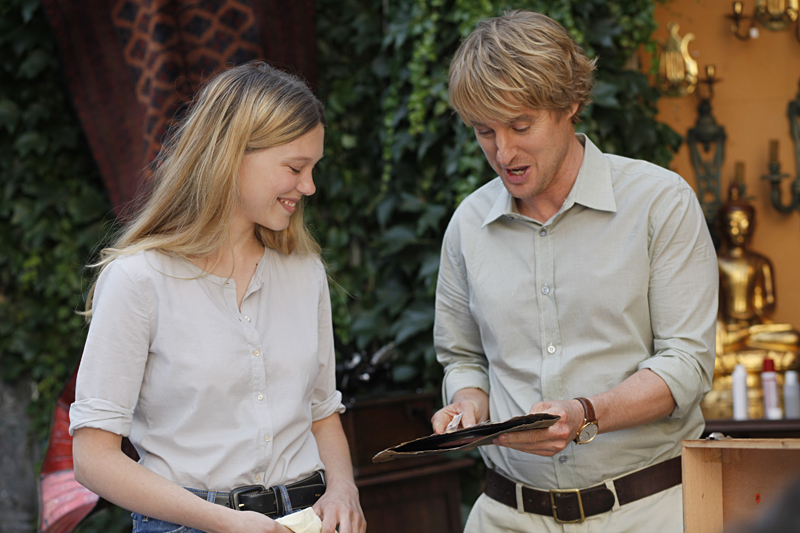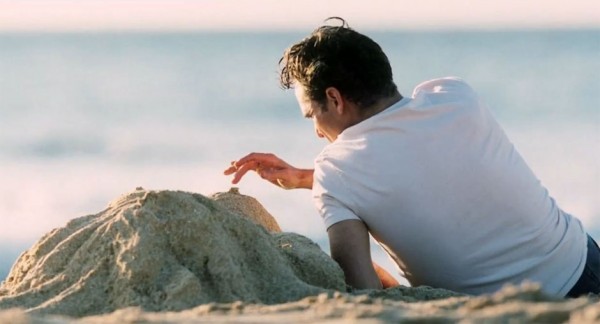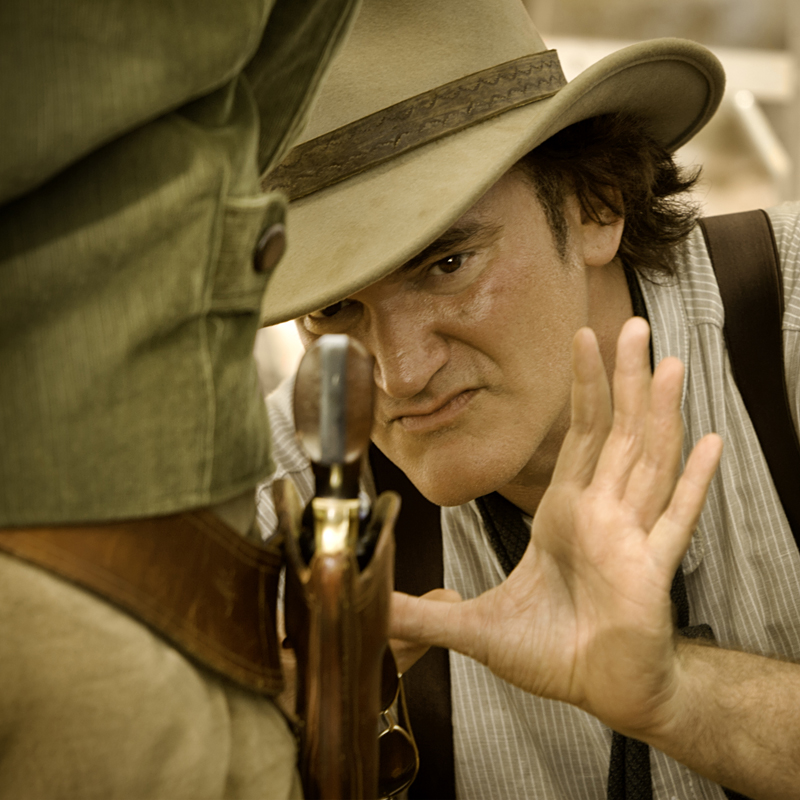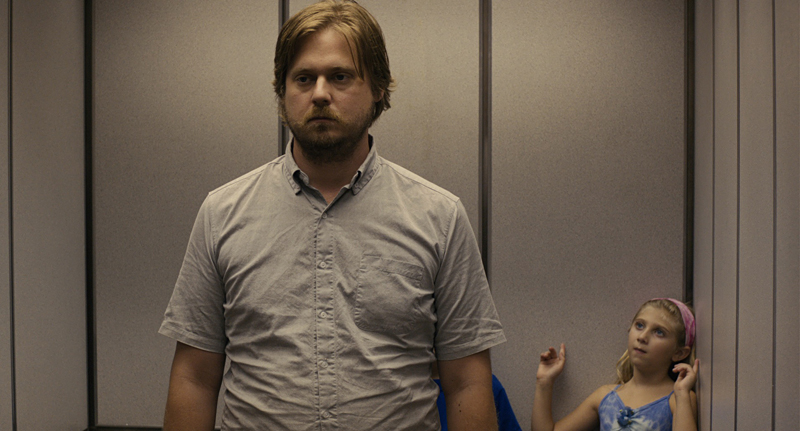A deceptively light time-travel romance, Woody Allen’s Midnight in Paris uses fairy-tale devices as a way to get to the filmmaker’s familiar themes. A nebbishy screenwriter who longs to publish a novel, Gil (Owen Wilson) is working on a book set in a nostalgia shop—much to the open frustration of Inez (Rachel McAdams), his rich-girl fiancée. The couple has accompanied her parents on a trip to Paris, and one night Gil drunkenly wanders off alone. A car pulls up, the strangers inside offer him a ride, and the next thing we know, he’s at a party full of flappers dancing to Cole Porter. When a vivacious young couple introduce themselves as Scott and Zelda, he comes to understand that he’s been transported to Paris, circa the 1920s. Ernest Hemingway offers to show Gil’s novel-in-progress to his good friend Gertrude Stein, so Gil runs out to grab his manuscript—and promptly gets lost in the present day. But the next night, another mysterious car drives up, and he is once again transported to his personal nostalgic paradise. The high concept is a means, not an end: Allen’s not terribly interested in interdimensional travel, but it’s a backdoor way to investigate the problem of time—our inability to slow it down, to make anything good last or prevent inevitable misery—within ordinary life.
Midnight in Paris: Woody Allen in Warmly Nostalgic Mode








